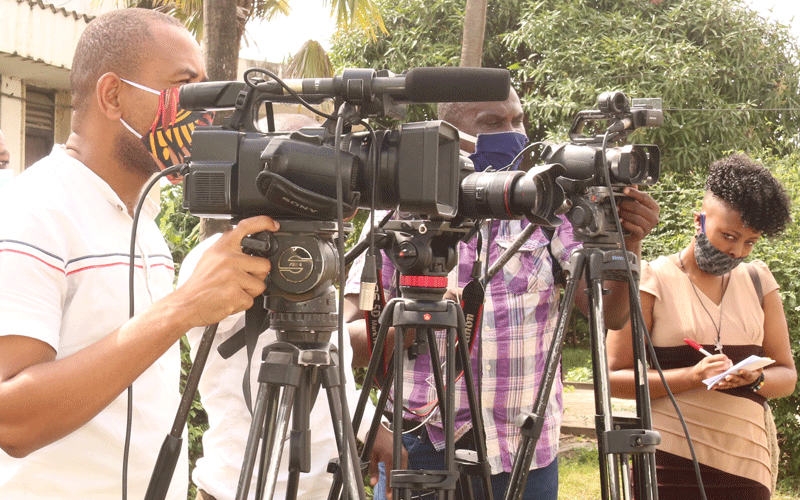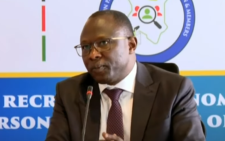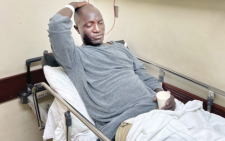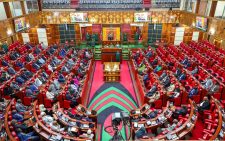Safety mechanisms for journalists can end impunity

The safety and protection of journalists remains an elusive dream in Kenya like the rest of the world, even as several laws are enacted and international treaties, that obligate nations to ensure safety, are domesticated.
Among the reasons why safety of journalists is a challenge is the lack of coordination among media stakeholders, weak self-regulatory and peer review mechanisms, impunity, flagrant violation of ethical standards by journalist and media practitioners and lack of solidarity among media support groups and professional associations.
Kenya has very strong constitutional provisions that provide for the protection of journalists, as any other citizens, including right to safety and security, labour and right to life.
Similarly, Kenya is a signatory to several regional and international treaties that obligates the State to provide security and protect the life of every citizen.
The Kenya Media Sector Working Group convened by the Media Council of Kenya (MCK) and the Kenya Union of Journalists has established national mechanisms for the safety of journalists that facilitate a rapid response approach to dealing with cases of journalists and media practitioners in distress.
The national mechanisms seek to bring together all actors including the three arms of government, associations of journalists and media workers, lawyers associations, civil society, journalism training and research institutions, regulatory bodies, NGOs, INGOs and UN agencies.
The focal points at the National Police Service Commission and the Office of the Director of Public Prosecution have been very consistent in their participation in the safety mechanism, which is very encouraging, and with time the issue of lack of investigation and prosecution of press freedom violations will be comprehensively addressed.
Each of the participating institutions nominates a focal person to the committee to coordinate, mobilise resources, share best practices, support, and monitor the progress of the national safety mechanisms.
The mandate is to develop a national multi-stakeholder coordination system bringing on board the three arms of government and all other media stakeholders to promote and defend freedom of expression, press freedom, access to information and safety of journalists and provide a platform for knowledge sharing and accountability including dedicated units for preventing crimes against journalists and follow-up mechanisms to ensure prosecution of perpetrators.
MCK maintains a database of cases of press freedom violations, interventions and status of progress that are jointly accessed by key members of the national safety and protection mechanism.
Since its inception in 2017, the Kenya Media Sector Working Group has registered progress in coordinating joint activities. These gains, opportunities and challenges are some of the issues Kenya will be presenting during the 41st General Conference of UNESCO in Paris this week.
The safety and protection of journalists is very critical in Kenya with an election coming next year.
During previous meetings in Kenya (Nairobi Declaration), Tanzania (Arusha Declaration), Ethiopia (Addis Ababa Declaration), players in the media sector from the East and Horn of Africa agreed to, among other things, strengthen national mechanisms for safety and tackling the issue of impunity for crimes against journalists, create and support robust monitoring, documentation and reporting systems.
Additionally, they agreed to deepen strategic partnership with the sub-regional bodies particularly the East African Community and its organs, especially the East African Legislative Assembly and East African Court of Justice, and actively engage with and create learning and advocacy networks with regional bodies, particularly the African Court on Human and Peoples Rights and the African Commission on Human and peoples Rights, Pan-African Parliament, African Peer Review Mechanism and the African Union Commission.
Governments were urged create enabling legal and institutional frameworks on freedom of expression and safety of journalists.
—The writer is the Director, Media Training and Development at Media Council of Kenya













